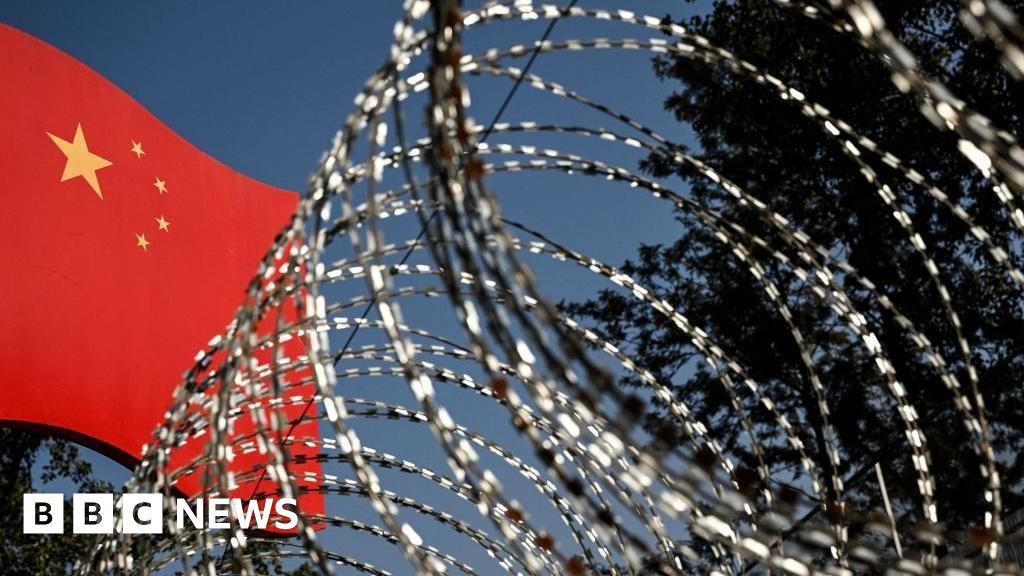The once-bustling border between China and Myanmar is now heavily guarded, with a high metal fence running through Ruili in Yunnan province. This strict policing is a result of China’s tough pandemic lockdowns and the ongoing civil war in Myanmar, which has caused significant turmoil along the border.
China had previously invested millions in Myanmar to establish a critical trade corridor connecting its south-west to the Indian Ocean. However, this corridor has now become a battleground between Myanmar rebels and the country’s army, leading to escalating tensions and conflicts.
The situation has forced many individuals, like Li Mianzhen, to seek refuge in Ruili as they struggle to make a living in war-torn Myanmar. Workers like Zin Aung have been recruited from Myanmar to work in industrial parks in Ruili, providing cheap labor for Chinese firms. These workers find solace in their new temporary home, away from the turmoil in Myanmar.
The fall of key towns in Shan State, such as Lashio and Laukkaing, has had significant implications for China’s trade corridor plans and investments in Myanmar. The Beijing-brokered ceasefire has been challenged by rebel forces gaining ground in these strategic areas, posing a threat to China’s economic interests in the region.
The ongoing conflict in Myanmar has left Beijing in a difficult position, as it navigates its relationship with the military regime and seeks to protect its investments in the country. Despite years of cultivating ties with Myanmar, President Xi Jinping faces challenges in finding a resolution to the crisis, which has resulted in thousands of deaths and millions of displaced individuals.
As the war in Myanmar continues with no end in sight, China remains at an impasse, grappling with the consequences of the conflict on its economic and strategic interests in the region.

